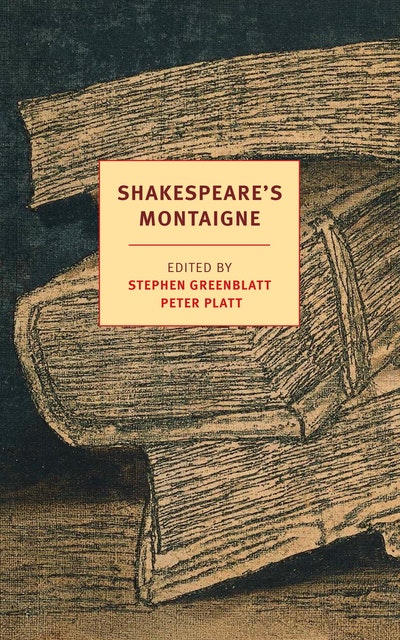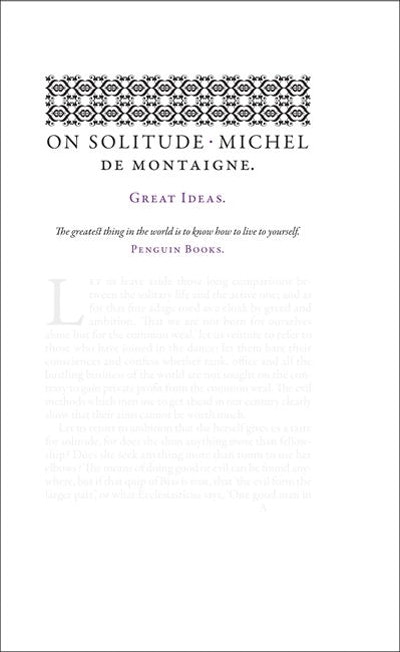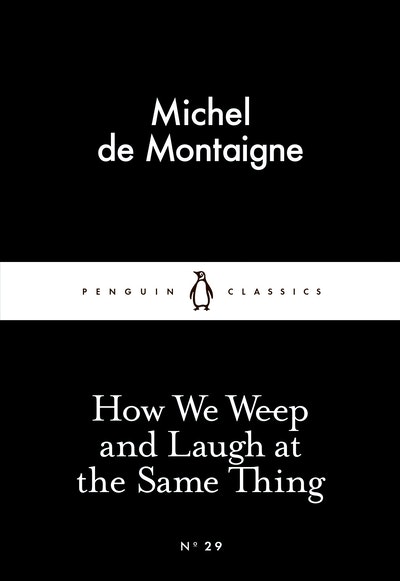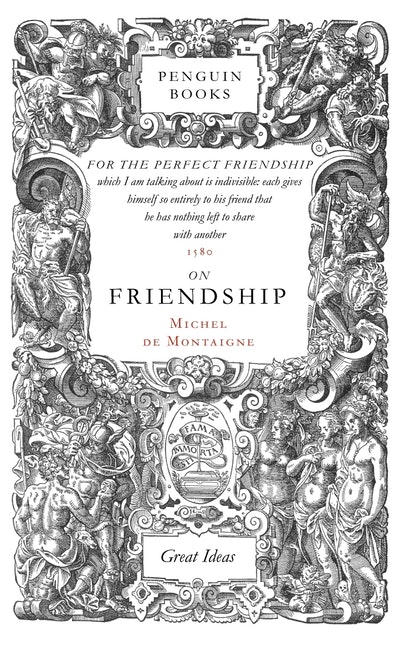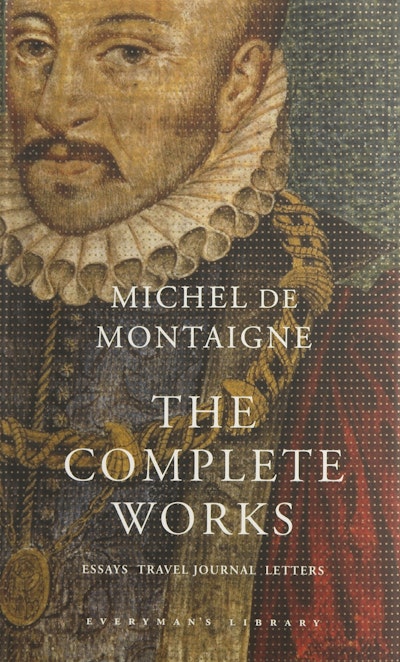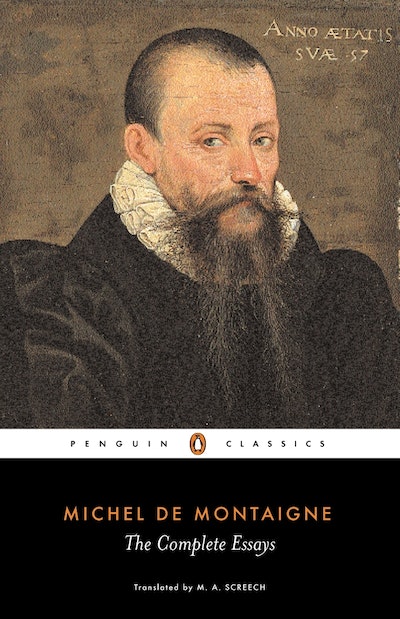- Published: 15 April 2014
- ISBN: 9781590177228
- Imprint: NY Review Books
- Format: Paperback
- Pages: 480
- RRP: $49.99
Shakespeare's Montaigne
The Florio Translation of the Essays, A Selection
- Published: 15 April 2014
- ISBN: 9781590177228
- Imprint: NY Review Books
- Format: Paperback
- Pages: 480
- RRP: $49.99
"[Montaigne] was the first who had the courage to say as an author what he felt as a man." --William Hazlitt
"That such a man wrote has truly augmented the joy of living on Earth." --Friedrich Nietzsche
"Montaigne is the frankest and honestest of all writers." --Ralph Waldo Emerson
"I defy any reader of Montaigne not to put down the book at some point and say with incredulity: 'How did he know all that about me?' " --Bernard Levin, The Times (London)
"So much have I made him my own, that it seems he is my very self." --André Gide
"Here is a 'you' in which 'I' is reflected; here is where all distance is abolished." --Stefan Zweig
"Don't read him as children do, for amusement, nor as the ambitious do, to be instructed. No, read him in order to live." --Gustave Flaubert
